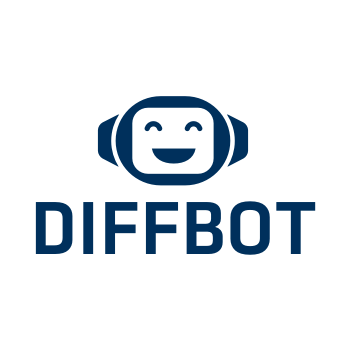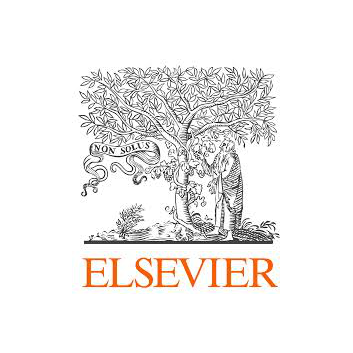Discriminative Candidate Generation for Medical Concept Linking
doi:10.24432/C5TG6F
TL;DR
Linking mentions of medical concepts in a clinical note to a concept in an ontology enables a variety of tasks that rely on understanding the content of a medical record, such as identifying patient populations and decision support. Medical concept linking can be formulated as a two-step task; 1) candidate generator, which selects likely candidates from the ontology for the given mention, and 2) a ranker, which orders the candidates based on a set of features to find the best one.In this paper, we propose a candidate generation system based on the DiscK framework [Chen andVan Durme, 2017]. Our system produces a candidate list with both high coverage and a rankingthat is a useful starting point for the second step of the linking process. we integrate our candidate selection process into a current linking system, DNorm [Leaman et al., 2013]. The resulting system achieves similar accuracy paired with with a gain in efficiency due to a large reduction in the number of potential candidates considered.
Citation
@inproceedings{
schumacher2019discriminative,
title={Discriminative Candidate Generation for Medical Concept Linking},
author={Elliot Schumacher and Mark Dredze},
booktitle={Automated Knowledge Base Construction (AKBC)},
year={2019},
url={https://openreview.net/forum?id=r1xP1W56pQ},
doi={10.24432/C5TG6F}
}







